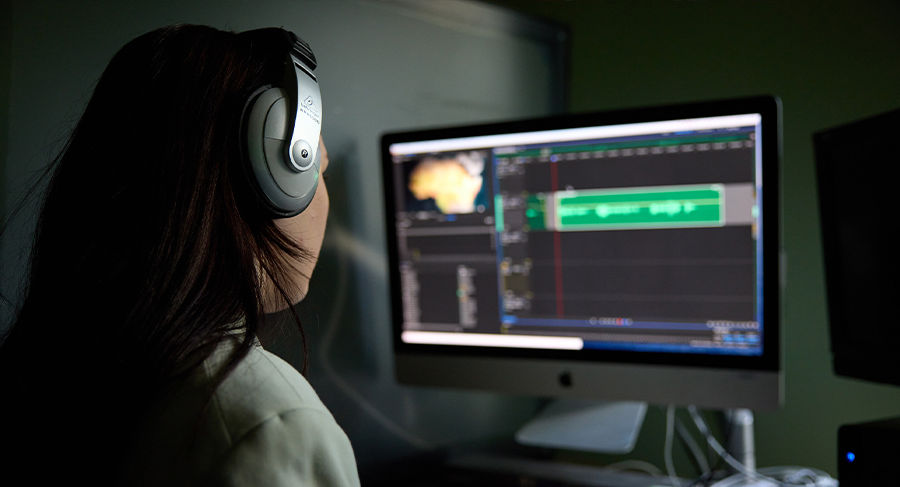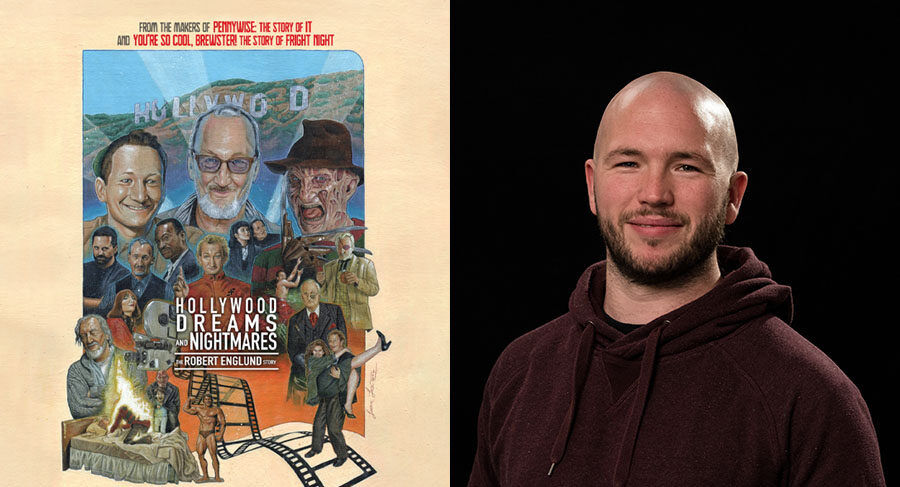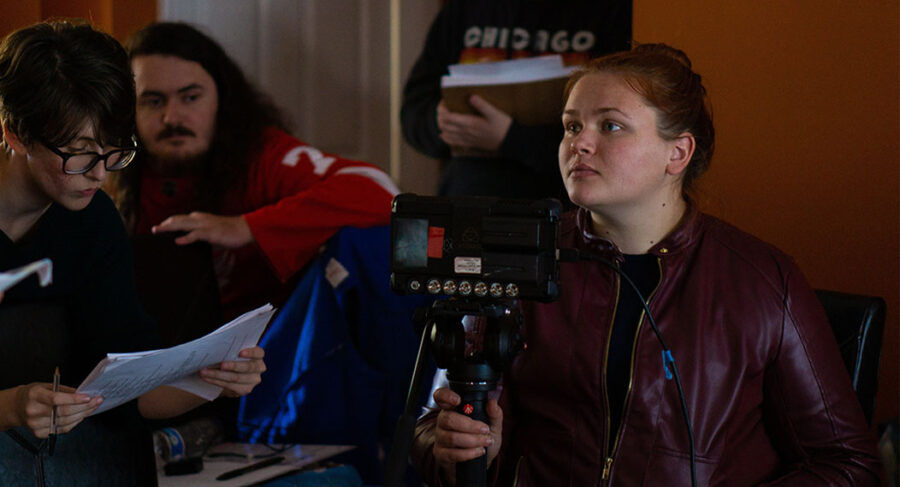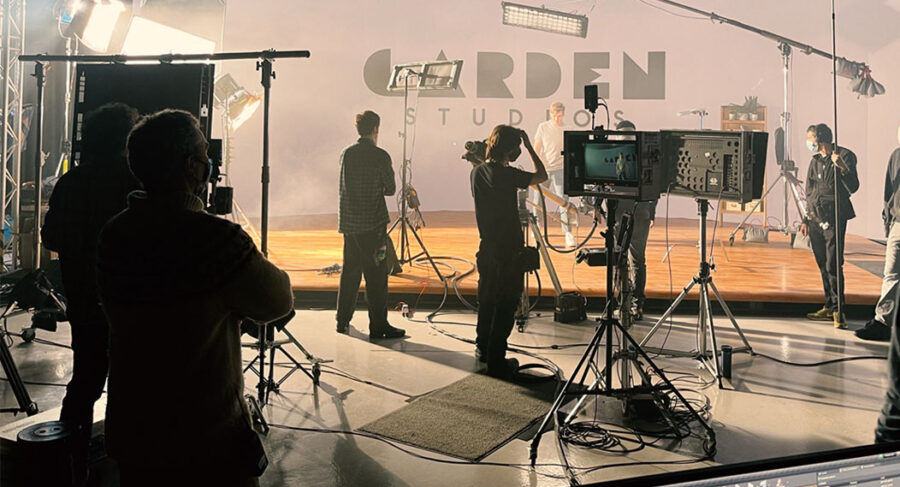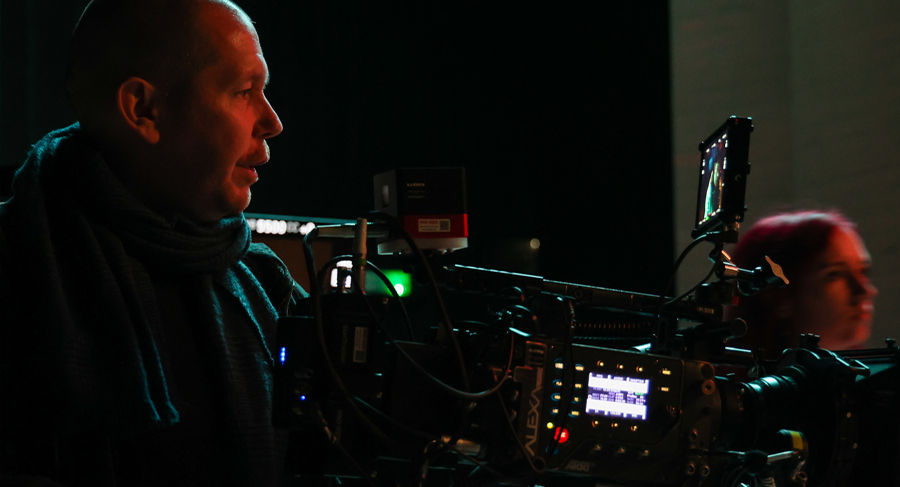
Metfilm School
MA Post Production
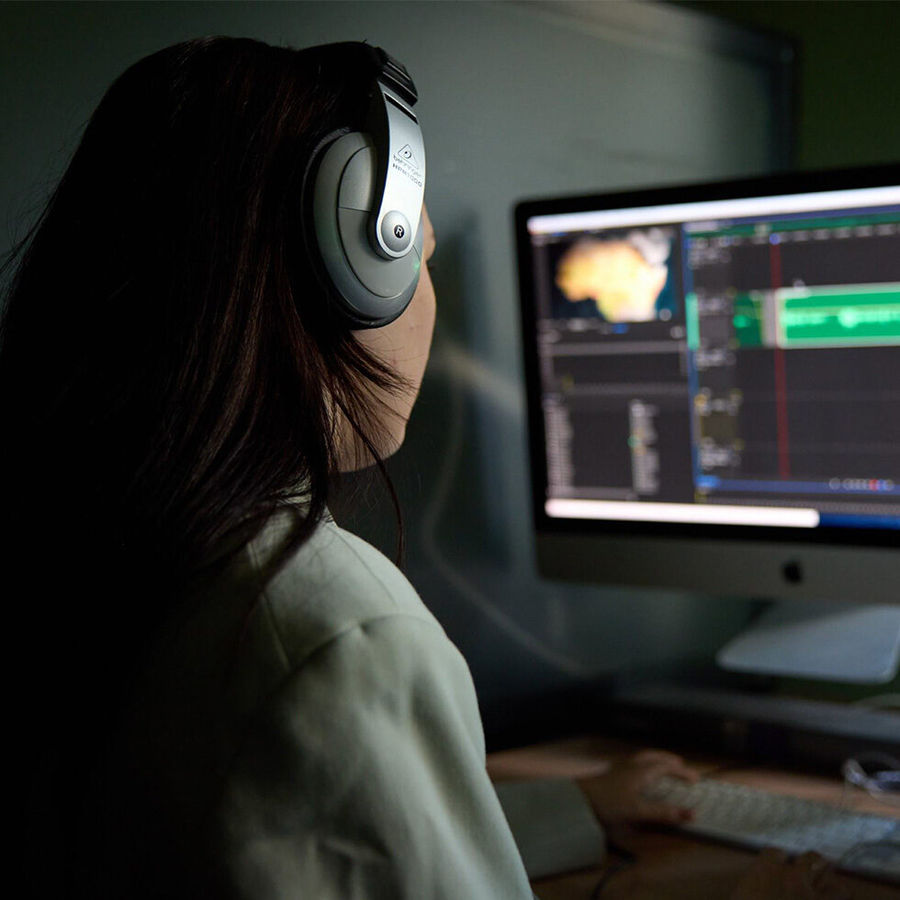
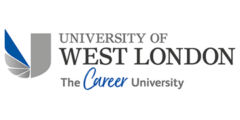
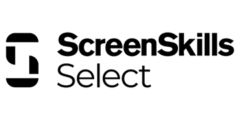
Programme Aims
Deep understanding of the roles and responsibilities relating to working in post production for a range of screen platforms.
The ability to produce work of increasing ambition and quality.
The ability to develop and enable the realisation of creative projects suitable for industry and audiences.
A critical understanding of the role screen storytelling plays in an increasingly globalised and inclusive world.
High level insight into working professionally with producers, directors, and other creative personnel in the realisation of compelling and meaningful content.
A detailed, structured, and ethical approach to content post production.
Understanding of the role of research and intellectual enquiry as an integral part of academic development and professional practice.
The ability to actively engage with cultural and political perspectives including diversity, sustainability, and the inclusive workplace in your creative work and practice.
The knowledge, skills, and understanding to enter the screen industries as an enlightened and contemporary post production professional.


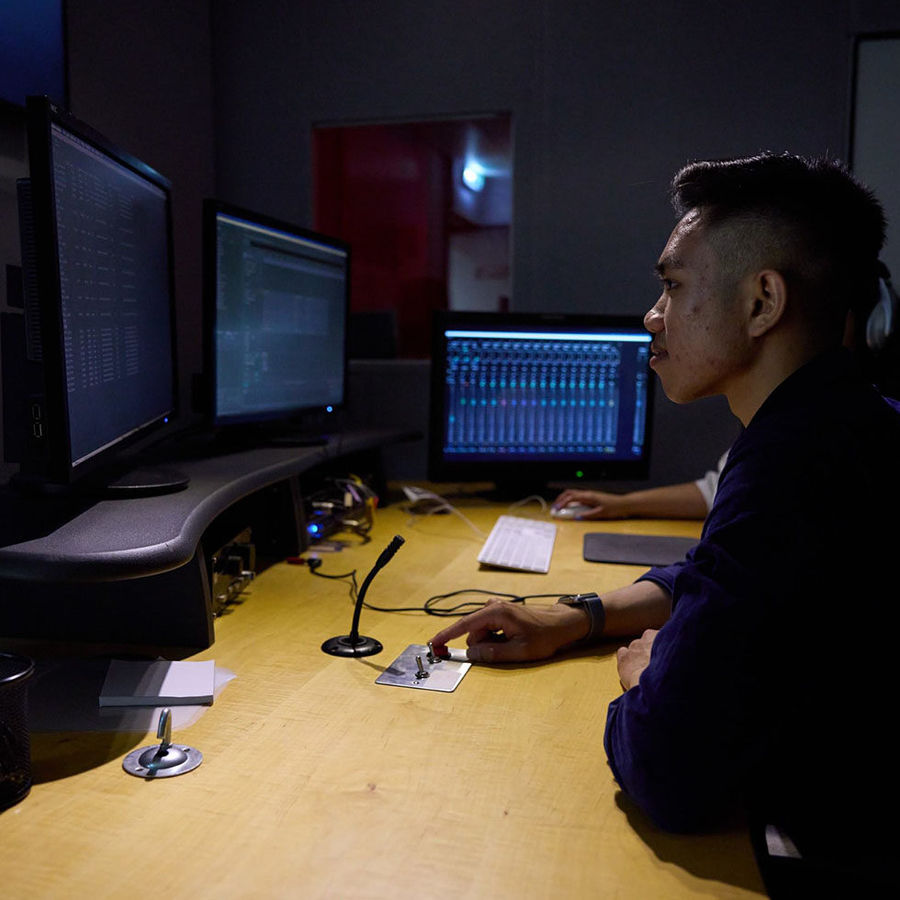

Latest
Latest

